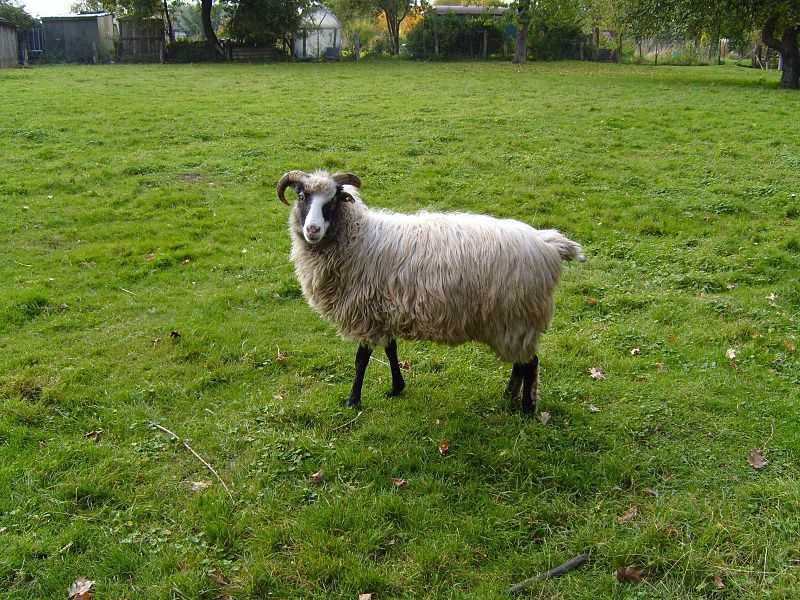The Israeli Ministry of Agriculture reported preliminary finding of foot and mouth disease (FMD) in sheep in the West Bank. According to a ProMed Mail report, samples (hearts, blood/serum and swabs), which were sent late last week from the Palestinian Authority for laboratory examinations in the FMD laboratory of the Kimron Veterinary Institute, have been found positive for FMD virus. The tentative result of serotyping is FMDV-O.

The samples were withdrawn in a sheep flock in the village Jamma’in, in the Nablus (Shechem) district, about 15 km [9.3 mi] from the city of Nablus, north of the city of Ariel. The flocks includes about 600 sheep, of which 450 ewes. The vaccination history of the flock is yet to be clarified.
The reason for suspecting FMD was the sudden death of about 70 lambs, 7-10 days old, or approximately 50 percent of the lambs of similar age, present at the flock. No clinical signs were, reportedly, seen before the lambs’ per-acute death. The changes recorded in the autopsy, which was carried out in several of the dead lambs, included increased thoracal fluid, lung edema, myocarditis, myocardial haemorrhages, and myocardial focal necrosis (“tiger heart”).
Israel’s district veterinary offices are instructed to complete the earliest the annual FMD vaccination of the sheep and goat herds within their respective territorial responsibility, including the few farms served/controlled by them in the West Bank. Veterinary practitioners, herdsmen, and animal breeders throughout the country are called to be alert and to report immediately on suspected cases.
According to the USDA, foot-and-mouth disease is a severe, highly contagious viral disease of cattle and swine. It also affects sheep, goats, deer, and other cloven-hooved ruminants. FMD is not recognized as a zoonotic disease.
The disease is characterized by fever and blister like lesions followed by erosions on the tongue and lips, in the mouth, on the teats, and between the hooves. Most affected animals recover, but the disease leaves them debilitated. It causes severe losses in the production of meat and milk.
Since it spreads widely and rapidly and because it has grave economic as well as clinical consequences, FMD is one of the animal diseases that livestock owners dread most.


One thought on “Suspected foot and mouth disease in the West Bank”